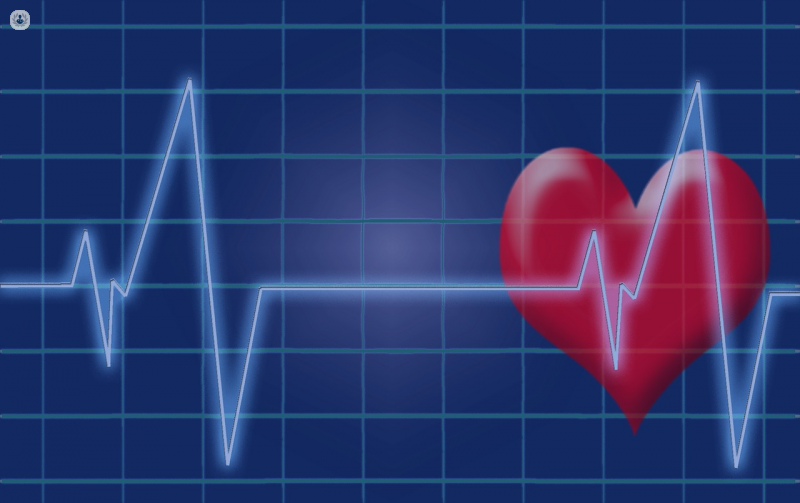Heart failure: what causes it and who does it affect?
Written in association with:What does heart failure mean?
Heart failure does not have a simple definition but can often be described as the heart no longer doing the puping job that it’s designed for as well as it should; that it’s either working too hard to achieve what it is supposed to do without too much work or it’s no longer able to deliver blood to the organs in the way that it is meant to.

Who may it affect?
Heart failure can occur at any age but it is much more common as people get older.
Due to advances in treating other conditions, such as heart attacks, heart failure is becoming much more common in people in older age groups, parrticularly people in their 60s, 70s and 80s.
However, it can occur in much younger age groups and even in children.
What causes heart failure?
In the UK, heart failure is most often caused by damage to the heart muscle by a problem with the blood supply.
There are several other causes, including changes from high blood pressure, some hormonal conditions and valve conditions.
Pregnancy can cause heart failure but this is very rare.
Heart failure is most likely to occur if a person has suffered from a heart attack or something similar, which has damaged their heart.
What are the early signs of heart failure?
The early signs of heart failure can be quite subtle but typically an individual may notice that they’re becoming a bit more breathless, with activities they could manage very well in the previous months.
They may feel they have to sleep a bit more upright using three or four pillows, rather than just one or two.
In addition, they may notice their ankles swelling, whereas previously they were always slim and didn’t even show swelling on a warm day.
While trying to diagnose heart failure, the doctor will ask about these major conditions.
Can it improve over time?
Heart failure can improve over time. Most people find that with appropriate therapy, both their symptoms improve and their overall outlook improves.
With some types of heart failure, people can expect to have almost normal cardiac function back. In some cases, completely normal cardiac function can return but this is rare.
Although these levels of cardiac function are relatively uncommon, they do exist. However, most of the time adequate medical care or therapy can make a difference to people.
What tests will a doctor perform to assess heart health?
When considering a diagnosis of heart failure there are a number of tests doctors may ask people to undertake.
They may ask patients to undertake a straightforward test such as regular electrocardiogram (ECG), where the heartbeat is recorded or an echocardiogram, which is an ultrasound scan of the heart.
However, the doctor may perform more complex or invasive tests such as a coronary angiogram, cardiac CT or cardiac MR studies.
There are also more sophisticated tests involving minute amounts of radioactive tracer which can be injected into the circulation to determine how it distributes in the cardiac muscle or more complex forms of cardiac mr study which also use tracers.
In modern healthcare, there is a wide variety of things which are used to assess heart health. A cardiologist will explain these if relevant.


